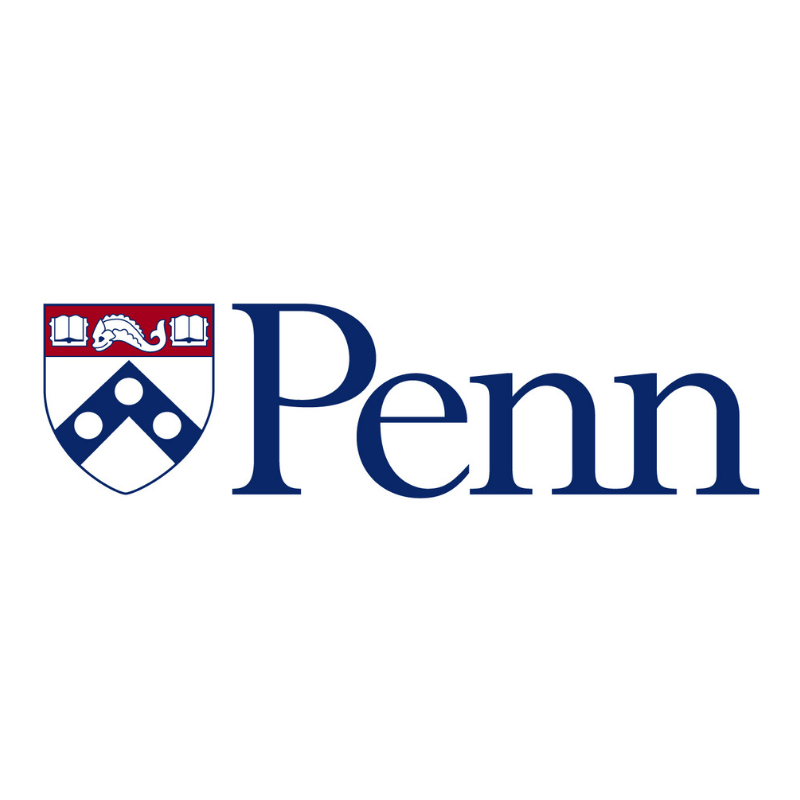The Trustees of the University of Pennsylvania functions as a premier educational institution that offers undergraduate and graduate courses on accounting, academics, studies, dental medical procedures, fine arts, law, philosophy, social work, and urban studies. The institute is established in the United States.
In India, the chemical business of the Trustees of the University of Pennsylvania focuses on the use of male essence to alter the female endocrine response and the methods of measuring chiral parameters of a chiral material.
The Trustees of the University of Pennsylvania filed a patent application numbered 5091/DELNP/2013 that is titled as USE OF CHIMERIC ANTIGEN RECEPTOR MODIFIED T CELLS TO TREAT CANCER. The patent has been filed in the field of Chemicals. This Patent Application has been granted as Patent Number 347610.
This invention covers Chimeric Antigen Receptor (CAR), wherein the CAR comprises an antigen-binding domain, a transmembrane domain, a costimulatory signaling region, and a CD3 zeta signaling domain, wherein the CD3 zeta signaling domain comprises the amino acid sequence. The invention also provides nucleic acid enclosing the CAR and vector comprising said nucleic acid. The CAR disclosed in the present invention and compositions comprising the same is useful for treating cancer in humans.
During the patent examination, the patent examiner raised objections under Section 3(d), 3(i), 3(c), and 3(j) of the Indian Patents Act. Under section 3(d) the examiner pointed out that the claims recite isolated nucleic acid sequence encoding a CAR which is the mere use of the known substances because of the document that discloses similar antibodies. Under the section of 3(i) it is indicated the claims are inclined towards any process for treatment of human beings or any process for similar treatment of animal to render them free of disease. Further the claims recite “isolated nucleic acid sequence”, which is a mere discovery of non-living things occurring in nature, attracting the objection under section 3(c) of the Act. Lastly, the claims recite “cell”, which is part of an animal or plant, hence fall under section 3(j).
As a response, the Applicant submitted that the CAR claimed in the invention is not a new use or new form of a known substance because of the disclosures, and certain claims were deleted. This rendered the objections under section 3(d) and 3(i) moot. For section 3(c) the applicant pointed out that it applies to a mere discovery of a scientific principle or the formulation of an abstract theory or discovery of any living thing or nonliving substance occurring in nature. CAR and nucleic acid claimed in the amended claims do not exist in that nature per se, removing the limitation under the Act. Under Section 3(j) the conflicting claims were deleted.
Advocate Rahul Dev is a Patent Attorney & International Business Lawyer practicing Technology, Intellectual Property & Corporate Laws. He is reachable at rd (at) patentbusinesslawyer (dot) com & @rdpatentlawyer on Twitter.
Quoted in and contributed to 50+ national & international publications (Bloomberg, FirstPost, SwissInfo, Outlook Money, Yahoo News, Times of India, Economic Times, Business Standard, Quartz, Global Legal Post, International Bar Association, LawAsia, BioSpectrum Asia, Digital News Asia, e27, Leaders Speak, Entrepreneur India, VCCircle, AutoTech).
Regularly invited to speak at international & national platforms (conferences, TV channels, seminars, corporate trainings, government workshops) on technology, patents, business strategy, legal developments, leadership & management.

